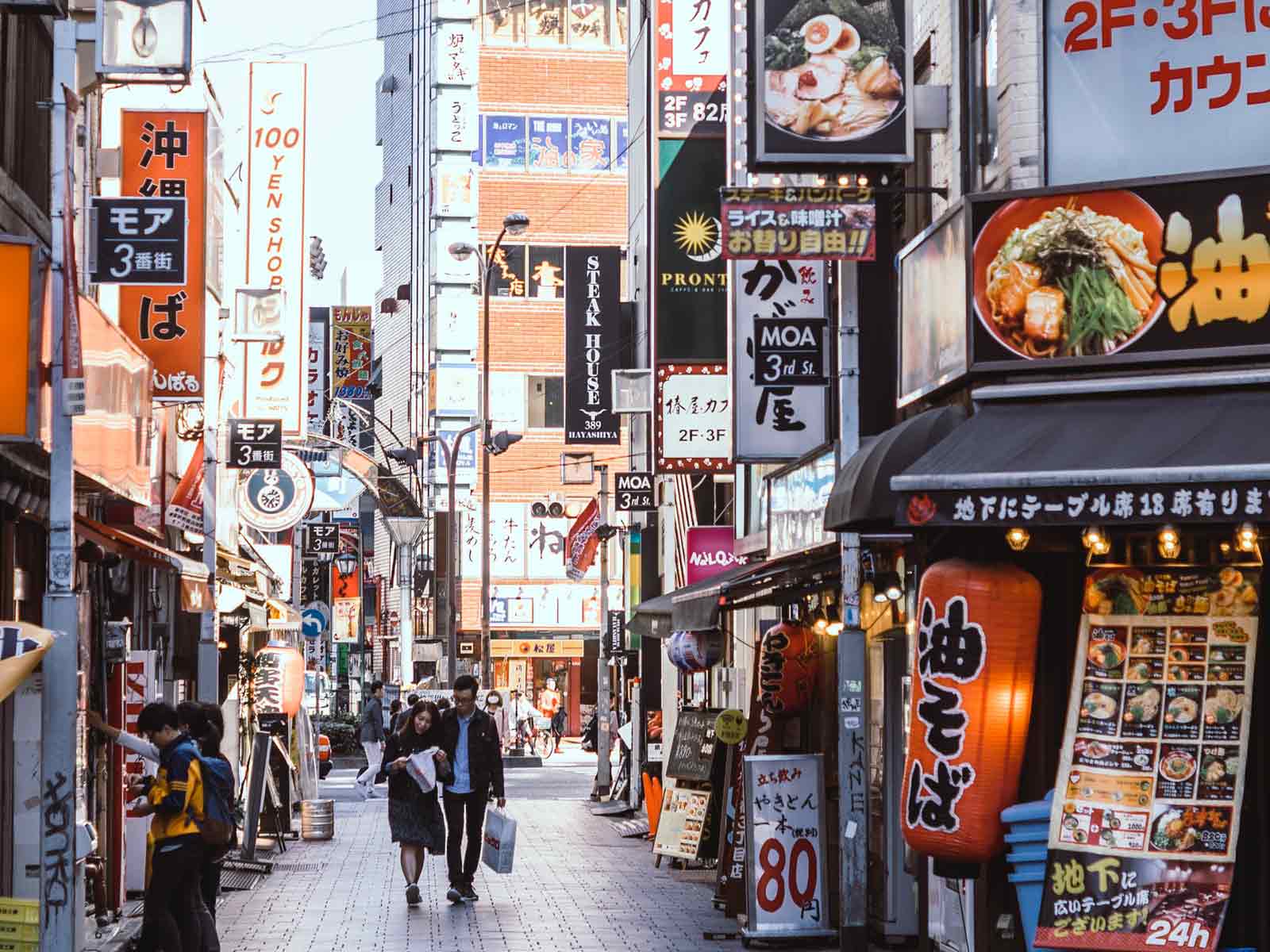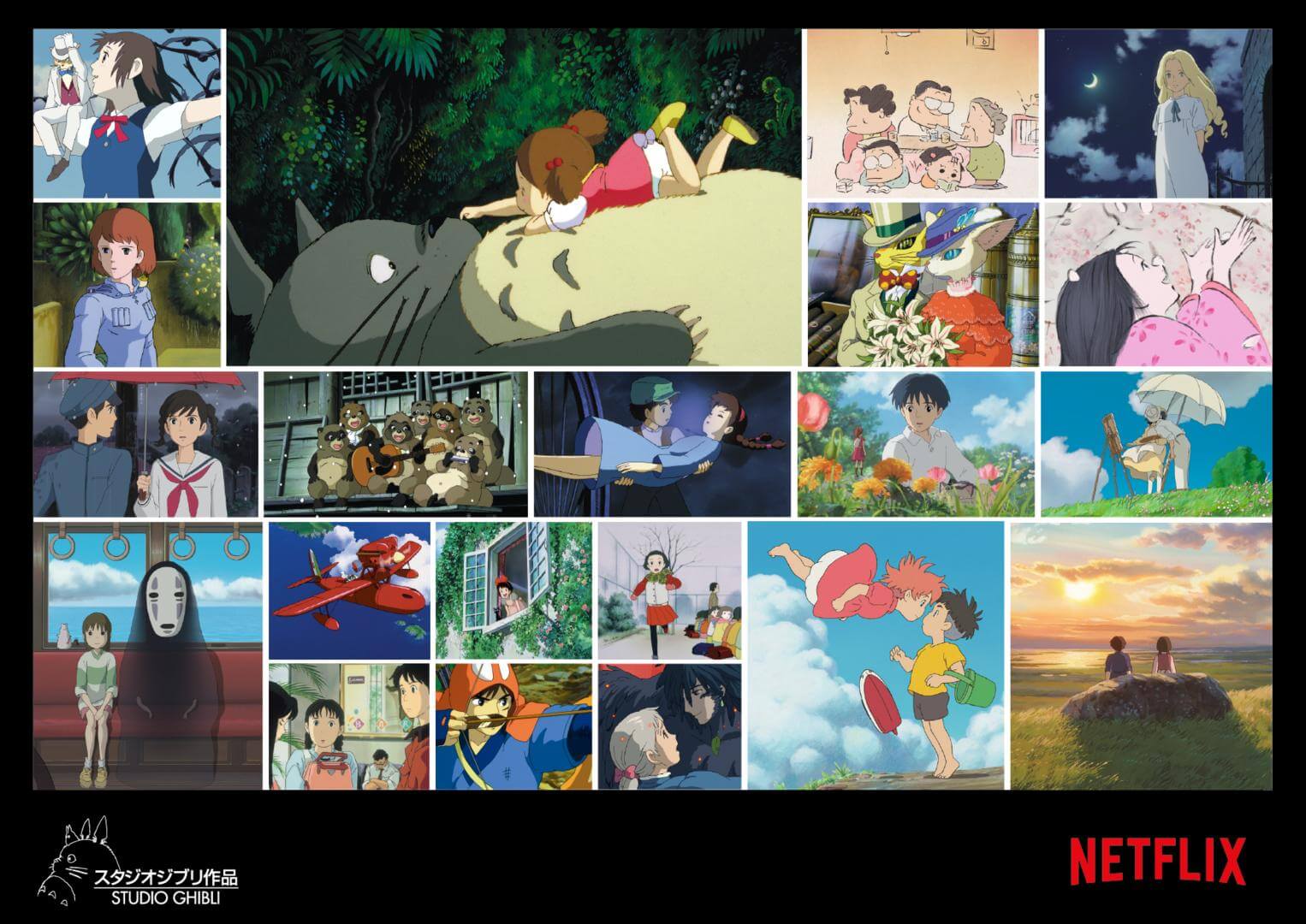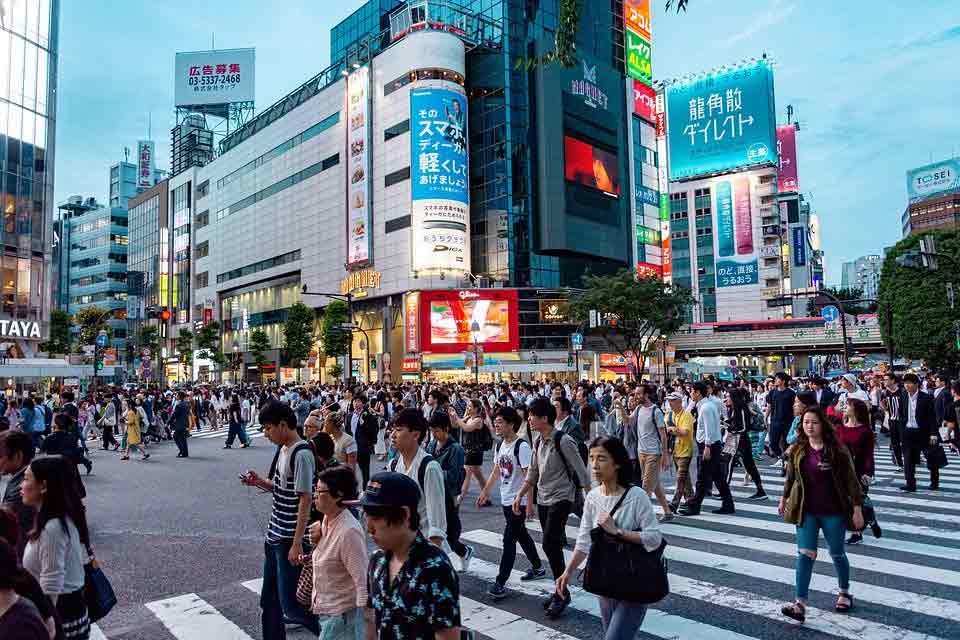The Japanese man credited smiling to his longevity. https://t.co/Kgozh23K4p
— HuffPost (@HuffPost) February 25, 2020
The world’s oldest living man, Chitetsu Watanabe, died last Sunday at the age of 112. He once said that the secret to his longevity was smile.
The Japanese supercentenarian attributed his longevity to not getting angry and keeping a smile on his face. https://t.co/fUVhvBdWpL
— Smithsonian Magazine (@SmithsonianMag) February 26, 2020
Less than two weeks ago, Guinness World Records certified Watanabe as the oldest man alive.
According to The Associated Press Watanabe was confirmed dead by the organization and funeral home taking care of him.
An article written by the ABC news, “[Watanabe] was four-year shy of the record for the oldest man ever, according to Guinness World Records, which was held by Jiroemon Kimura, also from Japan, who died at the age of 116 in June 2013”.
According to his 81-year-old wife, after certified as the oldest man alive, he soon fell ill and was not able to eat. Kyodo news, his wife told Watanabe to “hang in there” during a visit Sunday afternoon, he opened his eyes slightly and nodded.”
The same article gave a brief background of Watanabe, “Born to a family of farmers in Joetsu, Watanabe moved to Taiwan at the age of 20 and spent 18 years there. He returned to Japan after World War II and worked as a civil servant in his hometown until his retirement. He had five children, 12 grandchildren, 16 great-grandchildren and one great-great-grandchild.”
The five children told the Bangkok Post that the secret to longevity was to “not get angry and keep a smile on your face”. Like any normal people, Watanabe loves to indulge in sweets such as custard pudding and ice cream.
Oldest man alive is Japanese citizen and 112 years young https://t.co/aX2oSt5utI pic.twitter.com/4XXaflpA9E
— Reuters (@Reuters) April 11, 2018
The same article pointed out that “the oldest verified person – Jeanne Louise Calment of France — died in 1997 at the age of 122, according to Guinness.”
High life expectancy in Japan
NBC news stated that “the Japanese have the highest life expectancy of any major country. Women on average live to 87 and men to 80 (compared to 81 years for American women and 76 for American men). The Japanese can live 75 of those years disability free and fully healthy, according to the World Health Organization.”
@WHO study: with 83.7 years, Japanese enjoy highest life expectancy at birth. Well, they forgot to include #Monaco. pic.twitter.com/9SzHz2crs2
— Markus Schuller (@panthera_s) August 6, 2017
The article saw the longevity of Japanese citizens a mystery because “contemporary Japan can be a stressful place. Its hyper-urban people work long hours, at 1,745 hours per worker in 2012, suffer through a long and deadening commute, and can easily fret when a subway hold-up makes them just minutes late for meetings with their bosses.”
According to USA today, Okinawa, Japan is where hundreds of residents are over 100 years old. The city was often referred as “The land of immortals”. In 2017, the number of people aging 90 or above in Japan hit 2 million.
The article pointed out that diet is one reason why the country is fulled of “centenarians”. According to USA today, “When the Japanese eat meat, they eat mostly heart-healthy fish, rich in omega-3 fatty acids. Other popular foods include tofu, seaweed and octopus, all of which carry a low risk for some cancers and arteriosclerosis.”
This is what the "like" button was invented for. pic.twitter.com/JaSJCV31Uf
— Lava 10 (@Lava10_Sushi) February 28, 2020
In the book “First Bite”, the writing brought up the typical ‘American Diet and compared with the Japanese diet in 20th century, saying “Targeting the typical ‘American Diet,’ Wilson stresses that Japan is a perfect example of how food habits aren’t an ingrained inevitability. Over the course of the 20th Century, consumption of grains in Japan halved. New fishing and storage tech saw unhealthy carbs being replaced by fish, eggs, fruit and vegetables.”
Furthermore, the country’s infrastructure is also a contributing factor. The article said, “Japan’s health care system is one of the most accessible in the world. The government pays 70 percent of the cost of all health procedures and up to 90 percent for low-income citizens.” Therefore, senior citizens can enjoy their final years without worrying that their long lives would become a burden to their descendants.
Never belittle the small factors in your daily life. They could be the reason why you get to see your great-grandchildren’s wedding.










































